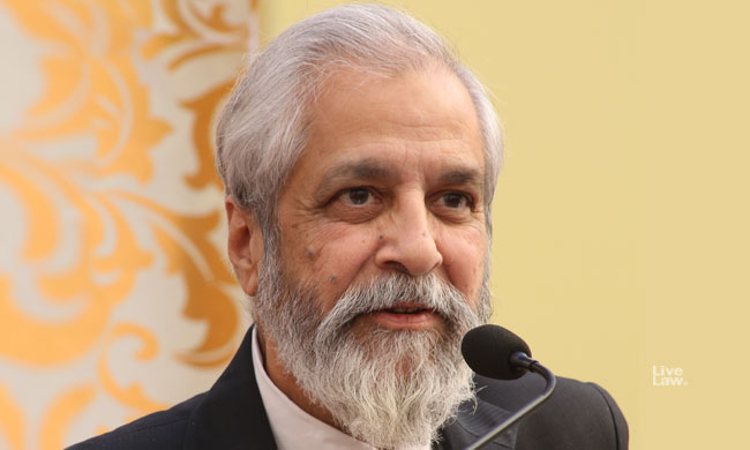"There are judicial academies, what are they doing? Is it not the job of the judicial academies?", remarked Justice Madan B. Lokur on Thursday.Speaking at the launch of the second edition of Tata Trusts' 'India Justice Report', the former Supreme Court judge was responding to a query seeking his views on a recent judgment of the Bombay High Court holding that direct skin to skin touch...

